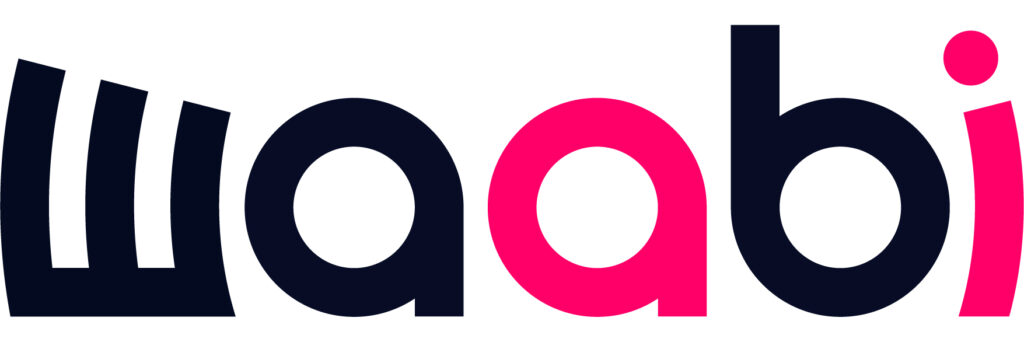Toronto-based Waabi, founded by AI pioneer and visionary Raquel Urtasun, who was previously chief scientist and head of R&D at Uber ATG (the ride hailing company’s self-driving car division), has launched out of stealth to build the next generation of self-driving technology, following an US$83.5m Series A financing round.
The round, one of the largest ever raised in Canada, was led by Khosla Ventures with additional participation from Uber, Radical Ventures, 8VC, OMERS Ventures, BDC Capital’s Women in Technology Venture Fund (WIT), Aurora Innovation Inc., and AI luminaries Geoffrey Hinton, Fei-Fei Li, Pieter Abbeel, Sanja Fidler and others.
 “Self-driving is one of the most exciting and important technologies of our generation. Once solved at scale, it will change the world as we know it,” said founder and CEO Raquel Urtasun (pictured). “Waabi is the culmination of my life’s work to bring commercially viable self-driving technology to society and I’m honoured to be joined by a team of extraordinary scientists, engineers and technologists who are equally committed to executing on this bold vision.”
“Self-driving is one of the most exciting and important technologies of our generation. Once solved at scale, it will change the world as we know it,” said founder and CEO Raquel Urtasun (pictured). “Waabi is the culmination of my life’s work to bring commercially viable self-driving technology to society and I’m honoured to be joined by a team of extraordinary scientists, engineers and technologists who are equally committed to executing on this bold vision.”
Since the first DARPA Grand Challenge in 2004, the self-driving industry has made meaningful progress but commercial deployment is still limited to very simple and small operational domains. The traditional approach to engineering self-driving vehicles results in a software stack that does not take full advantage of the power of AI, and that requires complex and time-consuming manual tuning. This makes scaling costly and technically challenging, especially when it comes to solving for less frequent and more unpredictable driving scenarios.
Building off the lessons of the last two decades, Waabi is tackling self-driving in a new way. The company’s breakthrough, AI-first approach, developed by a team of world leading technologists, leverages deep learning, probabilistic inference and complex optimization to create software that is end-to-end trainable, interpretable and capable of very complex reasoning. This, together with a revolutionary closed-loop simulator that has an unprecedented level of fidelity, enables testing at scale of both common driving scenarios and safety-critical edge cases. This approach significantly reduces the need to drive testing miles in the real world and results in a safer, more affordable, solution.
“Waabi brings something radically new to the self-driving space,” said Sven Strohband, managing director at Khosla Ventures. “With a dream team that has been at the forefront of innovation in the industry and a differentiated, AI-first approach, Waabi is well positioned to lead the next generation of self-driving technology and we’re thrilled to support them in that journey.”
“Raquel is truly one of a kind — a tenacious and inspiring leader who empowers those around her to excel,” added Dara Khosrowshahi, CEO of Uber. “I can’t wait to see everything she accomplishes for the self-driving industry.”
“We believe that diversity powers innovation, and are committed to supporting women-led technology companies that have world-changing potential,” concluded Michelle Scarborough, managing partner, Strategic Investments and Women in Tech Venture Fund, at BDC Capital. “Raquel Urtasun is a pioneer in the self-driving space, who will use her unrivaled qualifications, unparalleled experience and deep knowledge to build the future. We’re so proud to champion her team and partner with them as they build Waabi into a global leader.”
Why Toronto?
In recent years, Toronto’s tech industry has seen rapid expansion. In 2020, the city was ranked #4 out of 50 markets in North America for tech talent and opportunity with a tech talent labor pool of 250,000, according to CBRE’s 2020 Scoring Tech Talent survey. This growing market is bolstered by a strong network of world-class universities like the University of Toronto, an institution renowned for its AI acumen.
The Waabi team, based out of Toronto and California and led by Urtasun, who is a professor in the Department of Computer Science at the University of Toronto and a co-founder of the Vector Institute for AI, is considered to be at the forefront of innovation in the self-driving industry, globally. The team will initially focus on deploying Waabi’s software in logistics, specifically long-haul trucking, an industry where self-driving technology stands to make the biggest and swiftest impact due to a chronic driver shortage and pervasive safety issues.
As the company grows, Toronto will remain a critical hub for developing and testing software as well as scaling its team.



